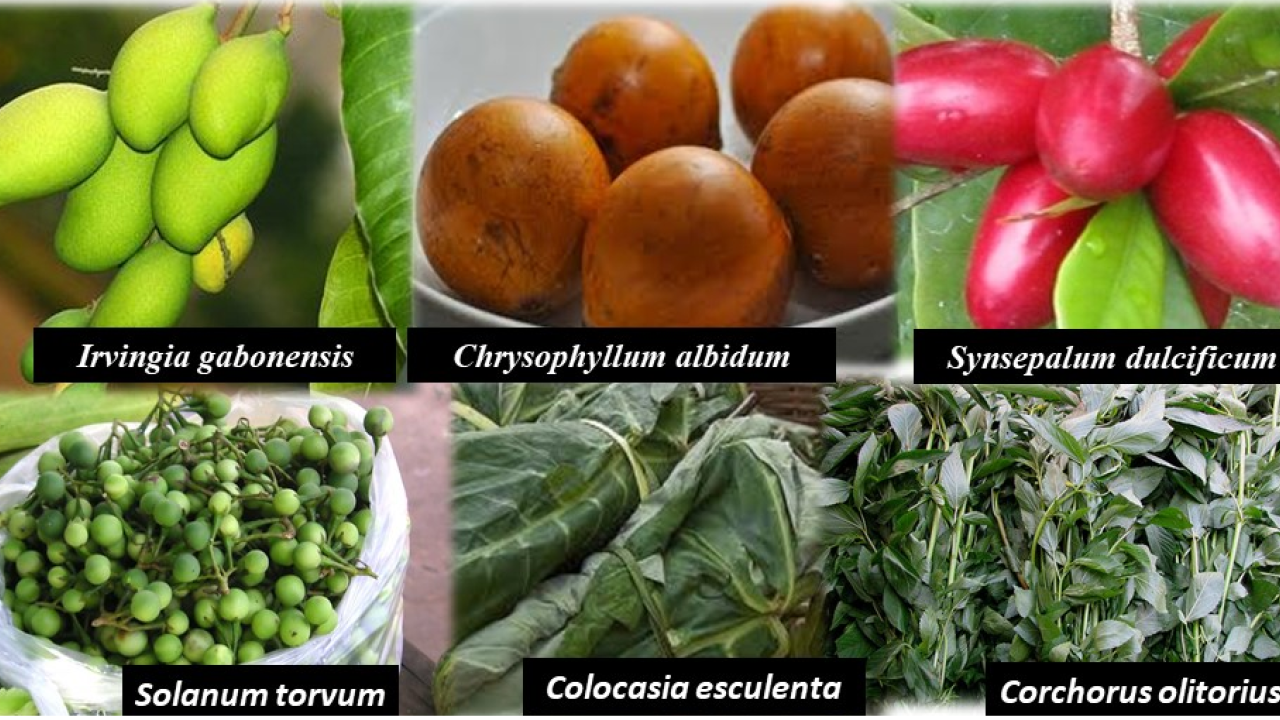Collaborative Efforts to Transform Indigenous Fruits into Commercial Commodities
The National Commission on Research, Science and Technology (NCRST) recently held a project assessment meeting with institutional partners from Namibia and Mozambique. The purpose of the meeting was to review the progress of a jointly funded initiative aimed at refining indigenous fruits that could be transformed into commercial commodities. This collaboration is part of an ongoing grant supported through the Science Granting Councils Initiative (SGCI), in partnership with Fundo Nacional de Investigação (FNI), which is Mozambique’s National Research Fund.
A Joint Initiative for Sustainable Development
The engagement specifically focused on the funded project titled: “Processing, Upscaling and Commercialisation of Food Products Derived from Underutilised Fruits and Plants in Mozambique and Namibia.” This initiative aims to add value to and commercialize food products derived from underutilized fruits in both countries. The project is led by Dr Penny Hiwilepo-van Hal, from the University of Namibia (UNAM), as the Namibian Principal Investigator, and by Dr Felicidade Macome as the Mozambican lead. The initiative has been active since 2022 and focuses on transforming indigenous biodiversity into market-ready, value-added food products.
Harnessing Indigenous Biodiversity
Underutilised fruits and plants such as wild orange, hibiscus, Amaranthus, and wild medlar are being processed into nutritional products that promote food security, foster community-based innovation, and stimulate local economic empowerment. Product formulations have already been developed and transferred to communities through hands-on capacity building along the indigenous value chain.
Strategic Discussions for Scaling Innovations
The engagement centred on strategic discussions for scaling and commercialising these innovations to maximise regional and continental impact. It also highlighted the importance of strengthening research-to-market pathways and mainstreaming indigenous knowledge systems as a foundation for sustainable development. By integrating traditional knowledge with modern scientific approaches, the project seeks to create a more inclusive and resilient food system.
Long-Term Goals and Regional Impact
This initiative reflects NCRST’s ongoing commitment to supporting high-impact, cross-border research that drives science, innovation, and inclusive growth across Africa. The focus on indigenous fruits not only promotes environmental sustainability but also empowers local communities by creating new economic opportunities. The project serves as a model for how collaborative research can address pressing challenges such as food insecurity and economic inequality.
Key Outcomes and Future Steps
Some of the key outcomes from the recent assessment include:
- A clear roadmap for expanding the production and distribution of indigenous-based food products.
- Enhanced partnerships between research institutions, local communities, and private sector stakeholders.
- A stronger emphasis on training and education to ensure long-term sustainability of the project.
Looking ahead, the project will continue to explore ways to integrate traditional practices with modern technology to improve efficiency and product quality. Additionally, there are plans to conduct further studies on the nutritional benefits of the indigenous fruits and their potential applications in other sectors such as cosmetics and pharmaceuticals.
By fostering innovation and collaboration, this initiative is paving the way for a more sustainable and equitable future for communities in both Namibia and Mozambique. The success of this project could serve as a blueprint for similar efforts across the African continent, demonstrating the power of science and technology in driving meaningful change.







